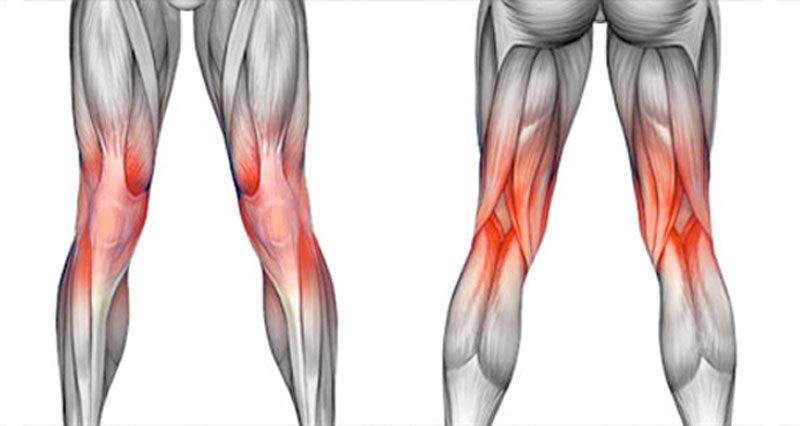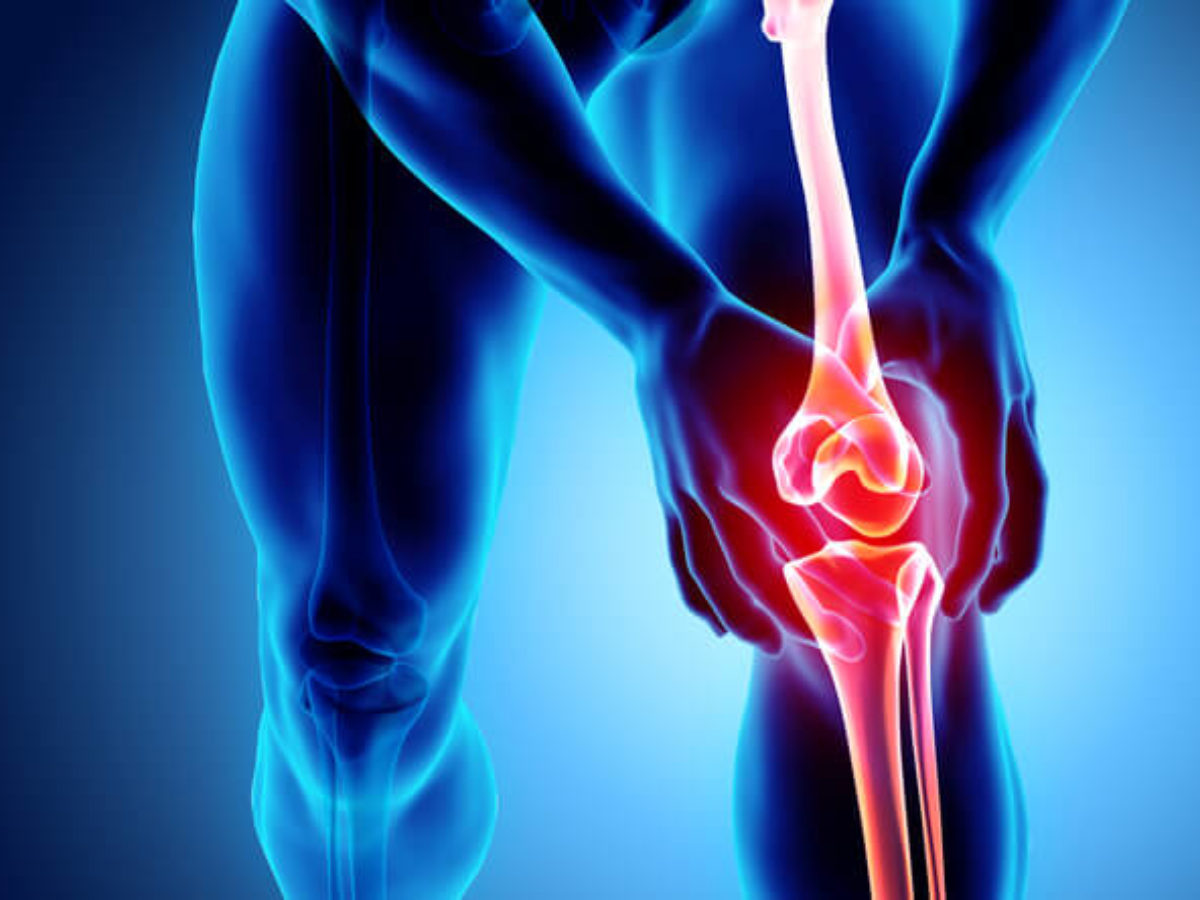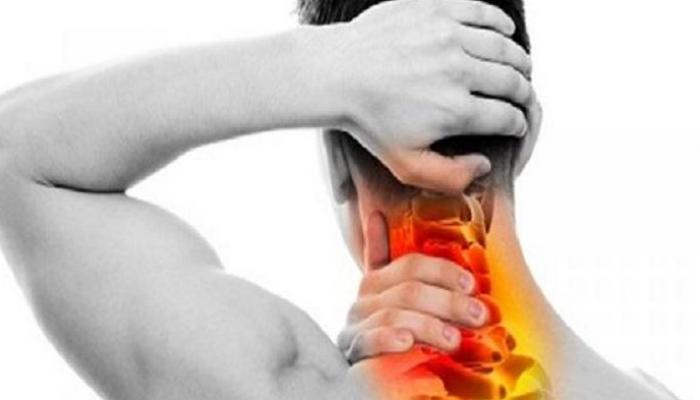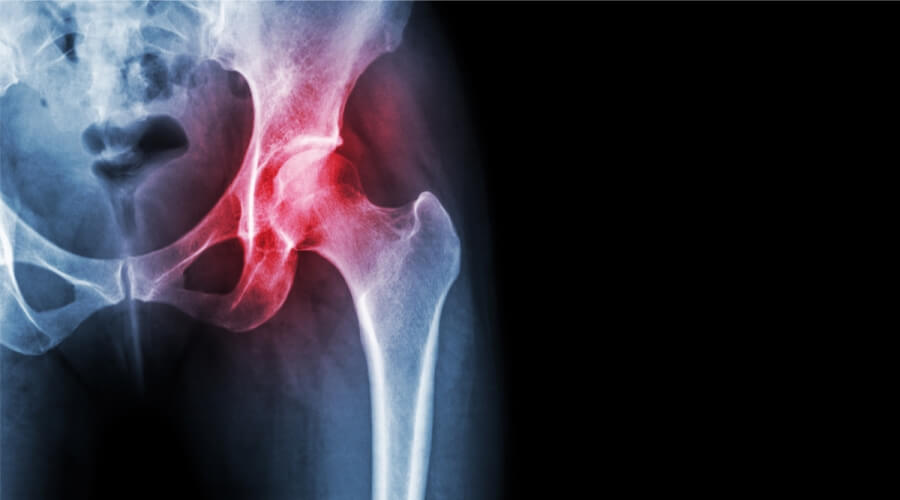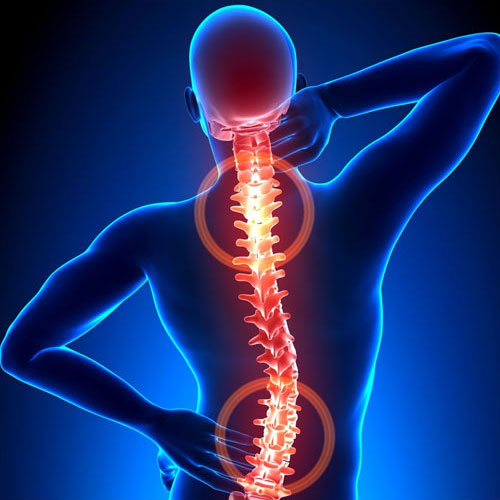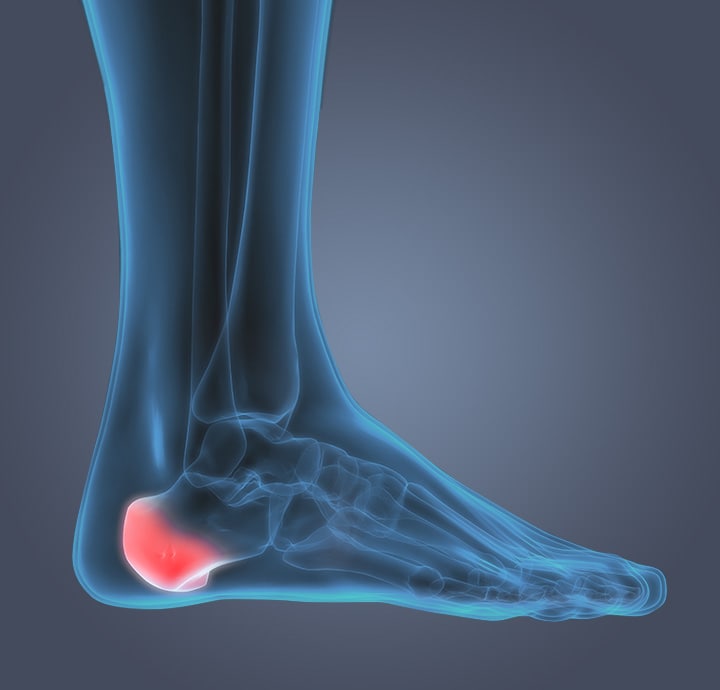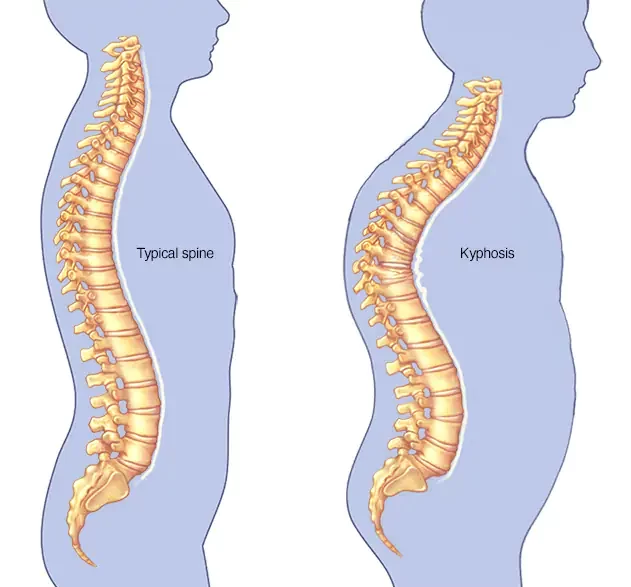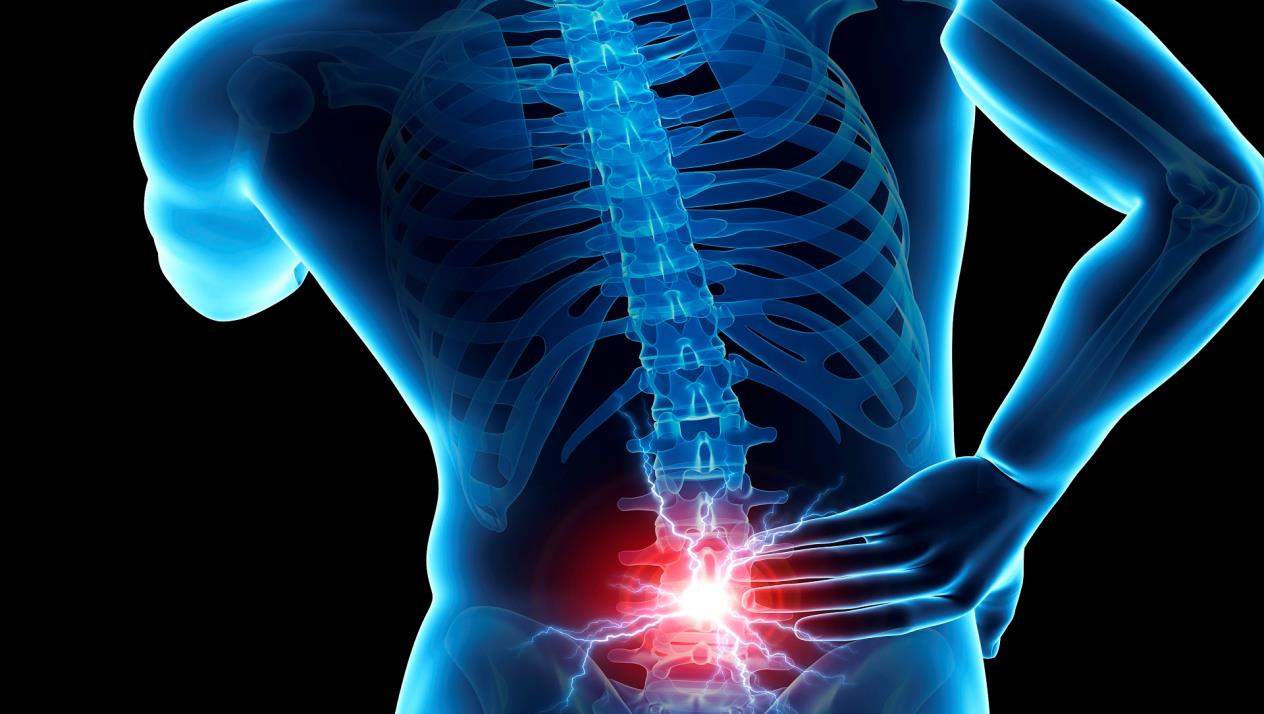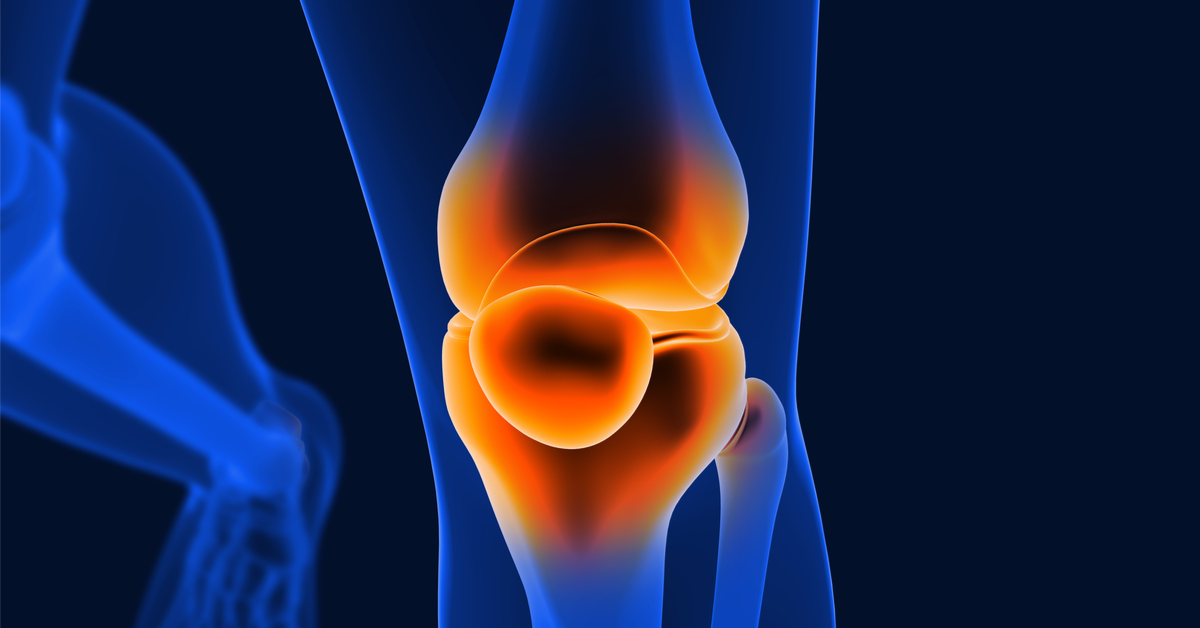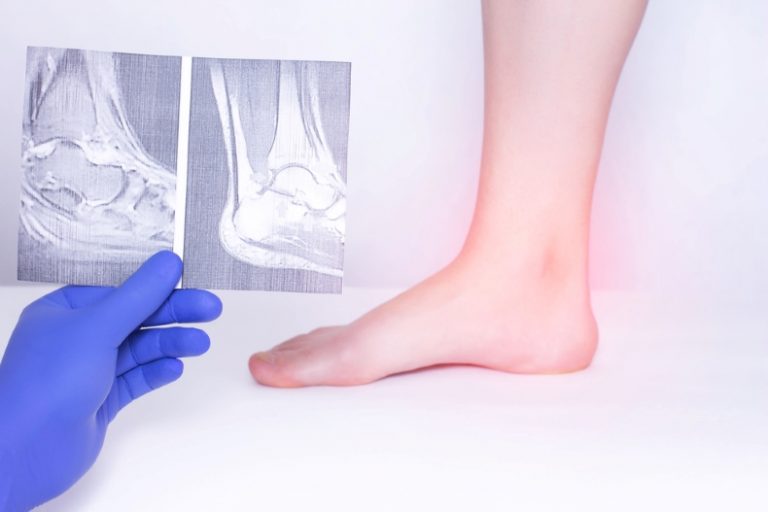Does vitamin D deficiency cause facial numbness?
Some individuals who suffer from a mild deficiency in vitamin D may not show any symptoms, but if its percentage is very small in the individual’s body, some indications indicate this. Follow the following article with us to know more about this topic.
Does vitamin D deficiency cause facial numbness?
Exposure to a deficiency in vitamin D makes the body of the individual unable to absorb calcium effectively, and this causes the bones to become very weak and easy to break and exposes them to fragility, in addition to that it is accompanied by many other symptoms such as the presence of numbness in the face and extremities.
In addition to the presence of many other vitamins whose deficiency in the individual’s body causes numbness in the face, such as vitamin B12 and vitamin B7, which mainly work on the formation of red blood cells in the body that are responsible for the lack of oxygen.
As the lack of these vitamins causes nerve dysfunction and numbness, which results in numbness that may affect the individual at times.
Symptoms of vitamin D and calcium deficiency
Both vitamin D and calcium are very closely interrelated, as vitamin D increases the body’s ability to absorb calcium in order to maintain good bone health and prevent fragility and cracking, and the deficiency of each of them in the body causes many problems, and symptoms of deficiency of both vitamin D and calcium:
- Bones become more brittle and prone to fracture.
- Skeletal deformities, especially in children cause them to suffer from rickets.
- Muscle apathy significantly lacks its effectiveness.
- Feeling severe pain in the muscles and joints.
- A state of extreme exhaustion, laziness, and fatigue prevails over the individual when performing the least effort.
- The skin becomes dry and the hair falls out profusely.
- Exposure to some skin diseases such as eczema, psoriasis, and alopecia areata.
- Weakness of the teeth and the presence of many problems in them.
- Getting into depression most of the time.
The effect of vitamin D deficiency on the body
When an individual suffers from vitamin D deficiency, many symptoms begin to appear on him, through which it can be inferred that he should start receiving appropriate treatment immediately, and examples of these symptoms include:
- Feeling very tired and tired and unable to do the least effort.
- The presence of severe pain in the bones, especially in the back area, because it affects the joints greatly.
- A defect in the function of the immune system causes frequent infections.
- In the event of a wound, its healing is not easy at all.
- When suffering from obesity, it is difficult to lose weight.
- Most cases of type 2 diabetes.
- Loss of focus and inability to exert mental effort effectively.
- It affects women with very severe pain during the menstrual cycle.
- Excessive hair loss.
- Going into bouts of depression.
- Stress and anxiety all the time without a logical reason.
What are the effects of vitamin D deficiency?
If appropriate treatment is neglected to compensate for the deficiency in vitamin D, the matter develops and many serious complications occur, for example:
- Effect on bone health: This is due to the fact that vitamin D is very important for its great effectiveness in absorbing calcium, which is beneficial for bones, and therefore its deficiency affects individuals with fragility and fractures and exposes children to rickets.
- Increases the risk of multiple sclerosis: It is an autoimmune disease and occurs as a result of vitamin D deficiency in the body, which causes a rare genetic defect, which makes individuals susceptible to infection.
- Diabetes: Vitamin D deficiency in the body of individuals causes type 2 diabetes and is the most common among people.
- Obesity: If a person suffers from weight gain and has a deficiency in vitamin D, it is very difficult to lose weight and excess fat acts as a barrier that prevents the body from benefiting from vitamins well.
- Heart disease: A severe deficiency in vitamin D may cause a person to have heart attacks, strokes, and other heart diseases.
- Cancer: This is due to the fact that vitamin D works to reduce the activity of cancer cells in the body, and this is why its severe deficiency in the body causes them to develop cancers such as colon cancer and breast cancer.
Does vitamin D deficiency increase weight?
Vitamin D deficiency in the human body is not the main reason for weight gain, but the two things are closely related to each other, as excess weight reduces the body’s effectiveness in absorbing vitamin D, which causes the vitamin to be blocked and not used.
In addition to the fact that those who suffer from obesity are not properly exposed to sunlight because they feel lazy, which makes them unable to obtain vitamin D, and their diets are also devoid of foods rich in vitamin D.
Information about Vitamin D
Vitamin D is one of the very important vitamins in the human body, as it is responsible for the continuation of many functions in an effective manner and without any imbalance in any of them, and among the most important benefits of vitamin D:
- Protecting individuals from osteoporosis or rickets in young children.
- It reduces the chances of developing chronic diseases such as diabetes, stress, and cancers.
- It reduces inflammation and prevents the body from developing allergies.
- It is used in the treatment of depression because it fights it in a very effective way.
- It has a major role in regulating the level of cholesterol in an individual’s blood.
- It increases the health of the immune system and protects individuals from frequent infections.
In view of these great benefits of vitamin D, exposure to a deficiency in it from the normal percentage for individuals exposes them to many risks, and for this, they must receive appropriate treatment as soon as they begin to feel the following symptoms:
- Extreme apathy and inability to make the slightest effort.
- Pain in the muscles and joints.
- A feeling of tingling in the bones, especially in the back.
- bouts of headache;
- Infection with multiple diseases within a short time due to a defect in the function of the immune system.
- Bones become brittle and fracture.
Does milk increase vitamin D?
Milk contains a very large amount of vitamins, and this is why doctors advise patients who suffer from a deficiency in vitamin D to drink it daily, but the milk must be full fat and contain 4% fat, and if some people do not like to drink milk directly, they can put it in juices or some drinks such as cocoa.

